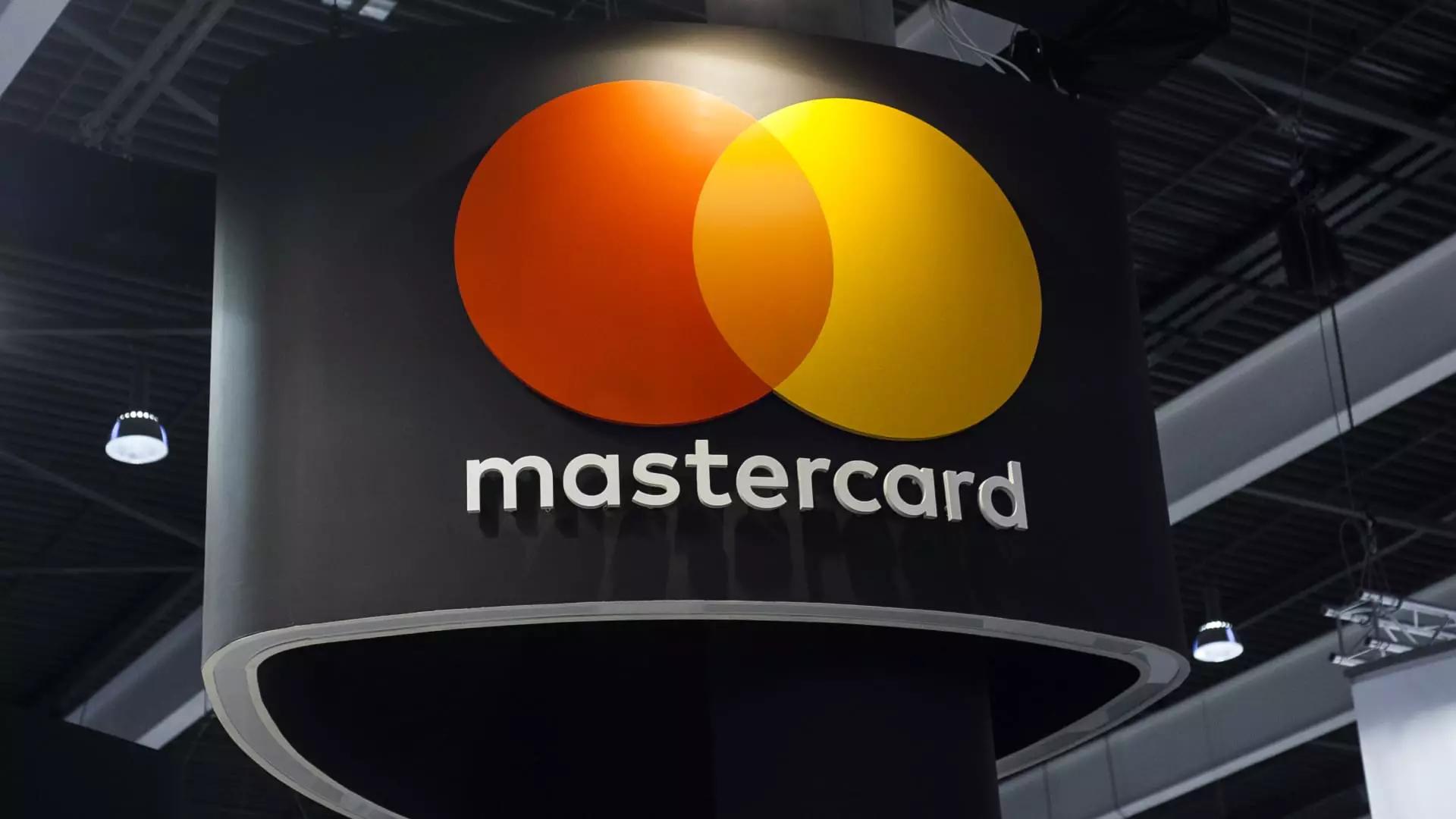In a significant move within the fintech landscape, Mastercard has announced its intention to acquire Minna Technologies, a software firm that specializes in subscription management. This acquisition represents a strategic expansion for Mastercard, as the company aims to diversify its offerings beyond traditional payment processing into more technologically-driven services. By enhancing its capabilities in subscription management, Mastercard is seeking to address a growing consumer need while also keeping pace with emerging financial technologies in a competitive market.
In today’s digital age, consumers are inundated with a plethora of subscription services, ranging from streaming platforms like Netflix and Disney Plus to various apps and online resources. The Juniper Research data highlights that the number of subscriptions worldwide has surged to approximately 6.8 billion, with projections estimating it could rise to 9.3 billion by 2028. For the average consumer, managing multiple subscriptions can become overwhelming, leading to confusion and, ultimately, frustration. This chaotic experience is not only problematic for consumers but also has negative ramifications for businesses. When consumers lose track of their subscriptions, they may resort to canceling payments through banking institutions, disrupting the merchant-consumer relationship.
Mastercard’s acquisition of Minna Technologies is a calculated response to these challenges. By integrating Minna’s technology into its own services, Mastercard aims to provide consumers with a streamlined way to view and manage all their subscriptions, ideally from within their banking applications. This level of integration promises a user-friendly experience, allowing consumers to seamlessly navigate their ongoing payments without the worry of losing track. According to a Mastercard blog post, the collaboration with Minna is set to enhance the tools available for managing the merchant-consumer relationship while minimizing disruptions.
Mastercard’s move into subscription management should also be viewed in the context of the broader competition with other payment giants, particularly Visa. As both organizations expand beyond their traditional roles in payment processing, they are increasingly investing in technology partnerships to meet consumer demands for convenience and efficiency. Visa has recently unveiled its A2A (Account-to-Account) service, which makes setting up and managing direct debits easier for consumers. This trend highlights the ongoing arms race between these two giants, both of whom are striving to enhance customer experiences in an increasingly digital-centric world.
Despite Mastercard’s enthusiasm for this acquisition, the deal is not without its challenges. It is subject to regulatory review, a process that could introduce hurdles before the acquisition is finalized. Regulatory authorities will likely scrutinize the deal to assess its impact on competition within the financial services sector and to ensure consumer protection. Once cleared, however, Mastercard’s acquisition of Minna Technologies could mark a pivotal moment in how subscription services are managed within banking frameworks.
Moreover, this acquisition fits into Mastercard’s broader strategy of technological evolution, as evidenced by its previous acquisition of Finicity in 2020. This earlier deal allowed Mastercard to grant third-party access to consumers’ banking data, which has implications for how fintech firms operate in a data-driven economy. Looking ahead, Mastercard’s commitment to tokenizing all cards issued on its network in Europe by 2030 also illustrates its focus on enhancing security and improving user experience.
Mastercard’s acquisition of Minna Technologies signifies more than just a strategic partnership; it represents a shifting paradigm in how financial services companies approach their relationships with consumers. As subscription-based services continue to proliferate, the ability to efficiently manage these payments will become increasingly critical. By leveraging technology to create user-friendly solutions, Mastercard aims to strengthen its market position and enhance customer loyalty. The evolving landscape of fintech necessitates such adaptations, and as both Mastercard and Visa continue to innovate, the ultimate beneficiary will be the consumer, who will gain greater control over their financial commitments. This acquisition is a clear indication that to thrive in the modern financial ecosystem, maintaining a pulse on consumer demands and technology advancements is essential.

